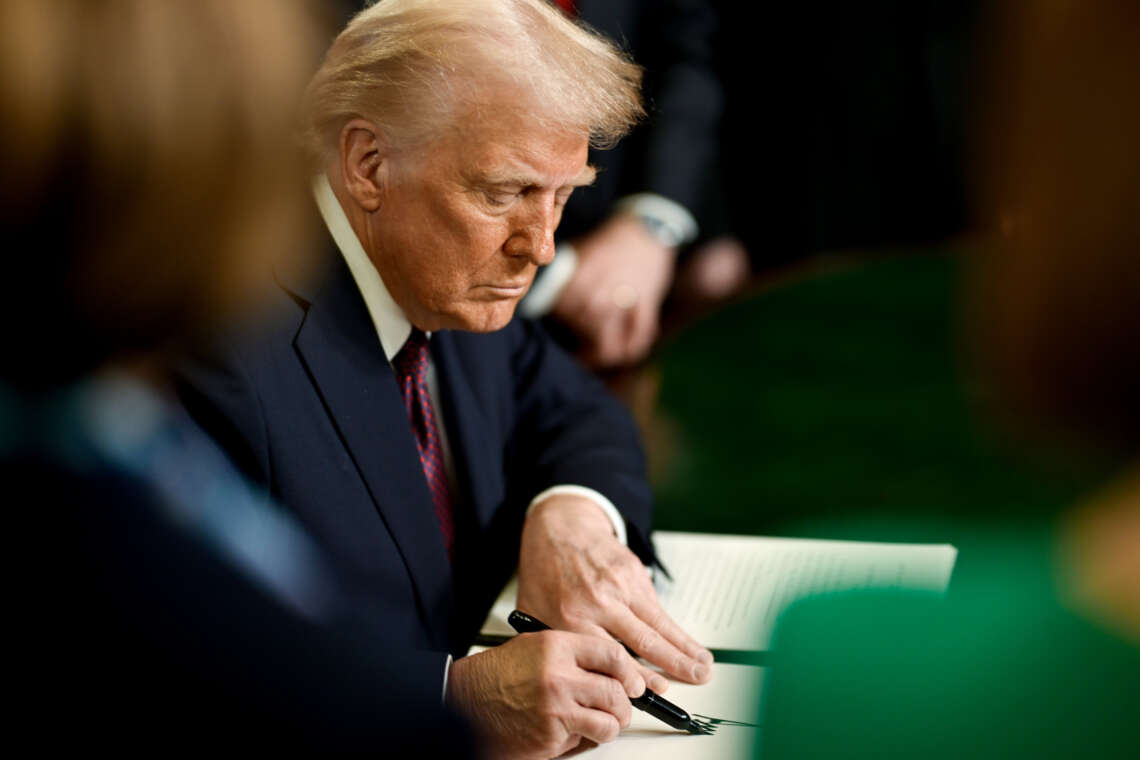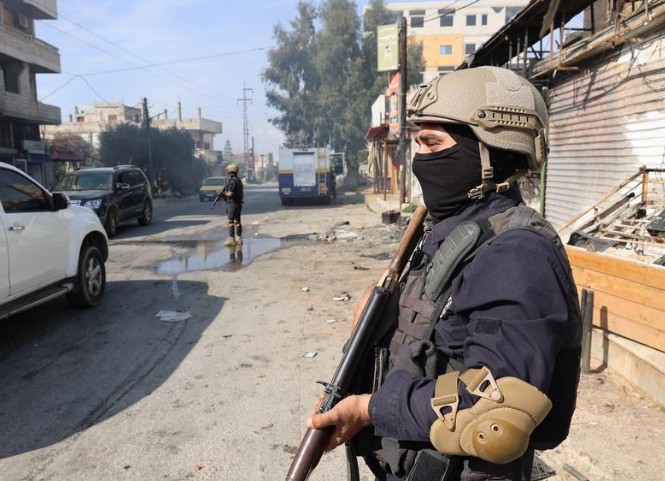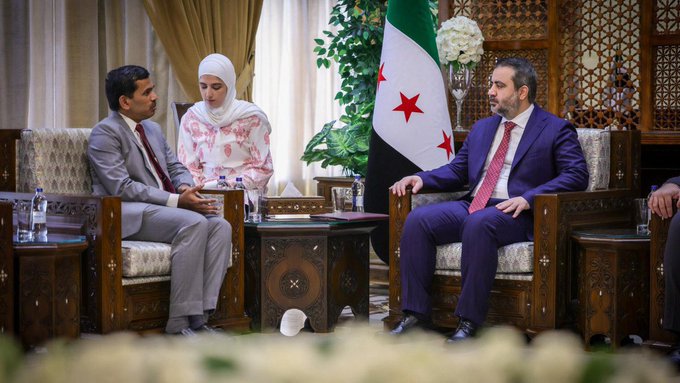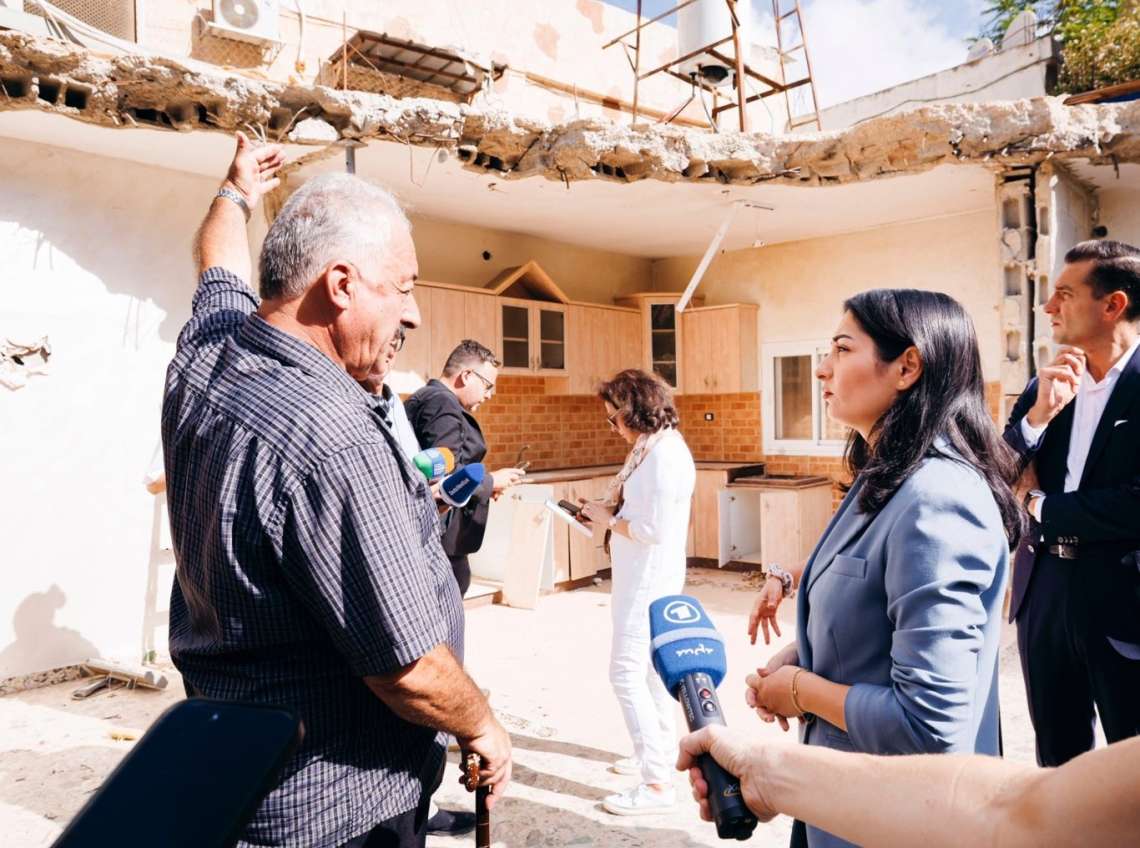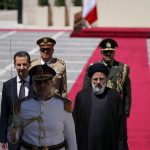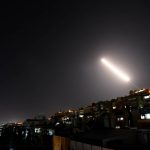Syria, the United Arab Emirates (UAE), and Jordan have strongly condemned recent Israeli military actions on Syrian territory, warning that the escalating strikes pose a grave risk to regional security.
The Syrian Foreign Ministry issued a sharp rebuke on Tuesday after an Israeli strike hit the village of Tranja in Quneitra Province, killing one civilian when his home was bombed. Damascus accused Israel of pursuing “infiltration and arrest campaigns” in the nearby town of Suwaysa and of maintaining what it described as an illegal presence on Mount Hermon and in the buffer zone established under international agreements.
“These actions are a flagrant violation of the UN Charter, international law, and Security Council resolutions,” the ministry said, adding that they represent a direct threat to peace and stability in the Middle East. Syria renewed its appeal to the United Nations, particularly the Security Council, to take urgent measures to halt what it called Israel’s aggression, while asserting its legitimate right to defend its land and people.
The UAE joined Syria in denouncing the strikes, describing Israel’s incursions into Syrian territory as a breach of both international law and the 1974 Disengagement Agreement, which ended hostilities along the Golan Heights front line. Abu Dhabi reaffirmed its commitment to Syria’s sovereignty and stability and urged swift international action to prevent further escalation.
Jordan also expressed deep concern. Foreign Ministry spokesperson Ambassador Sufian Qudah condemned the attacks and Israel’s continued presence on Syrian land, calling them a dangerous provocation. He reaffirmed Jordan’s solidarity with Syria and pressed the international community to hold Israel accountable under international law.
The coordinated regional backlash highlights mounting unease over Israel’s actions in Syrian territory, particularly at a time when the broader Middle East remains volatile. Analysts say the condemnations from Arab states signal growing frustration with continued military escalations that risk spiralling into a wider confrontation.
While Israel has not publicly commented on the strikes, it has in the past defended similar operations in Syria as necessary to counter threats from Iranian-backed groups operating in the country. For Damascus, however, the attacks represent yet another challenge to its sovereignty in a conflict-ravaged state still struggling with instability more than a decade after war first broke out.
As calls for international intervention grow louder, the question remains whether the Security Council—deeply divided on Middle East issues—can take any meaningful steps to curb further escalation.



